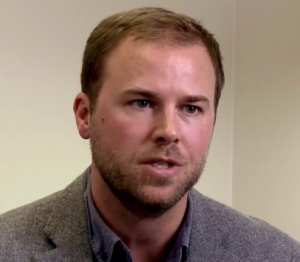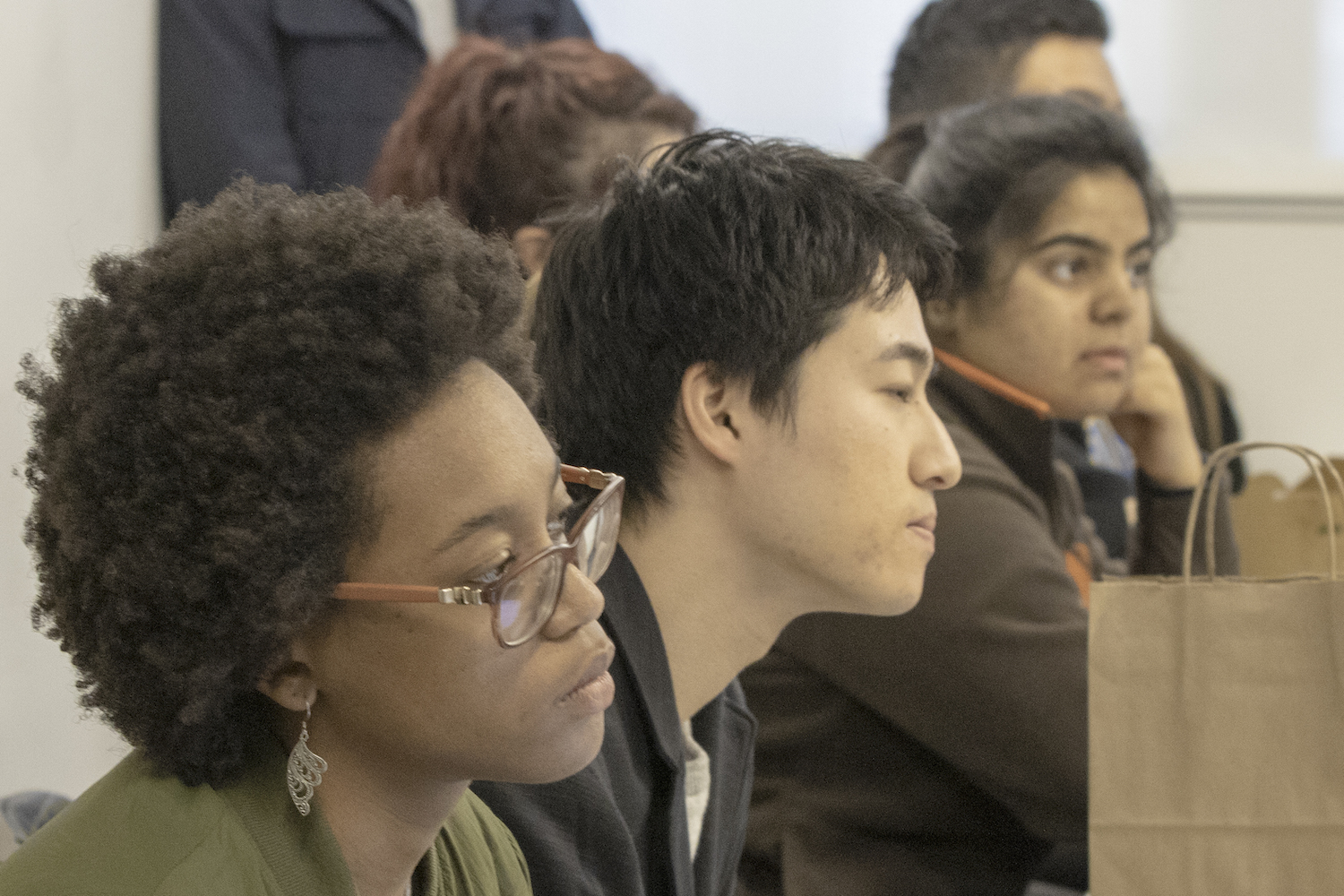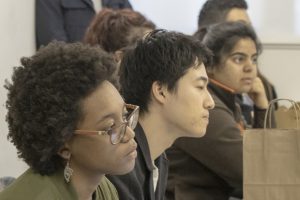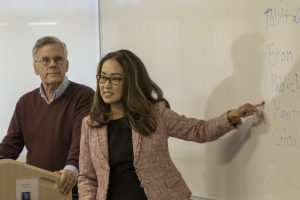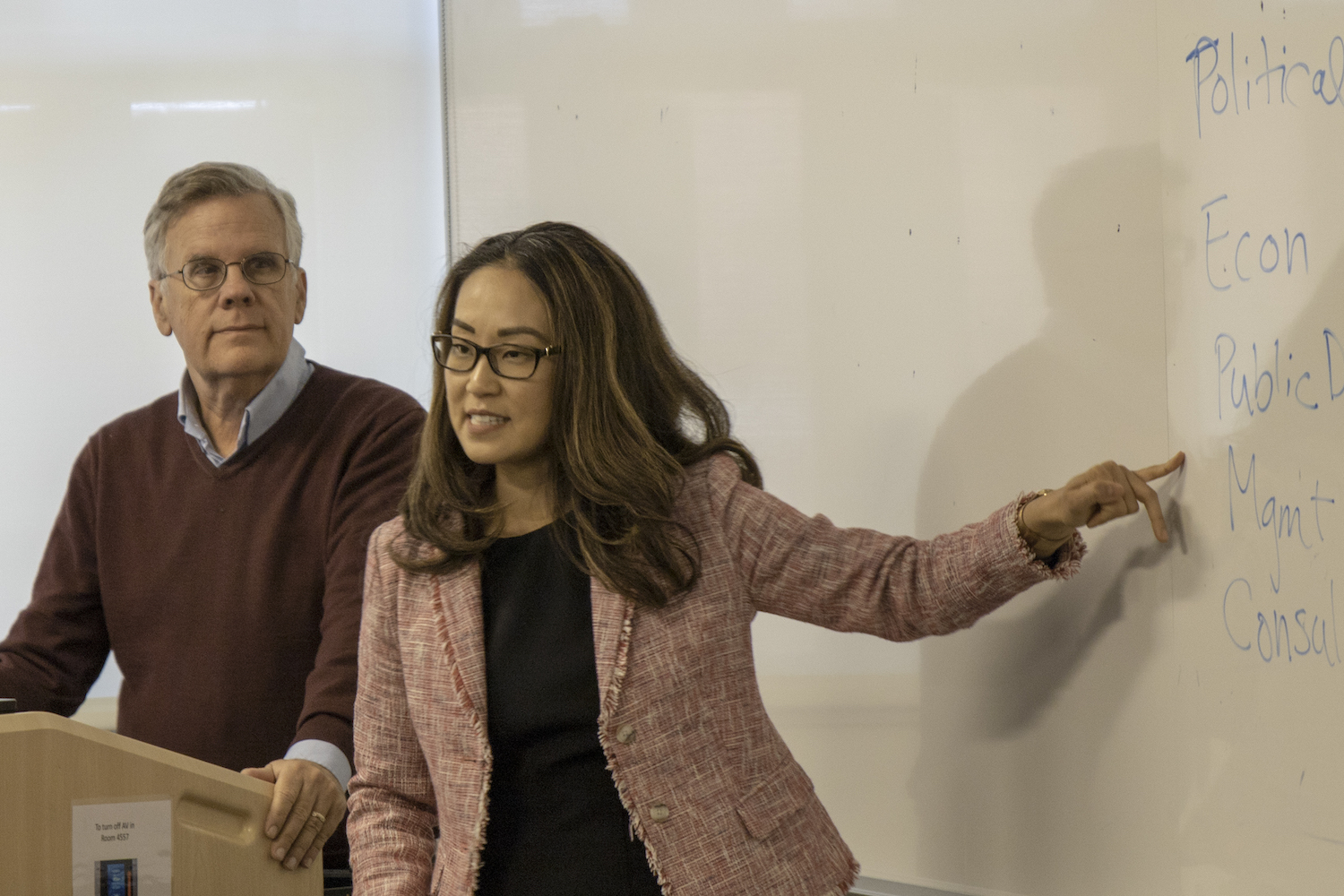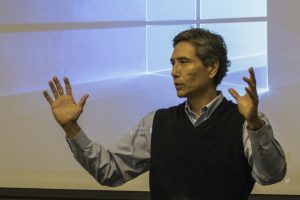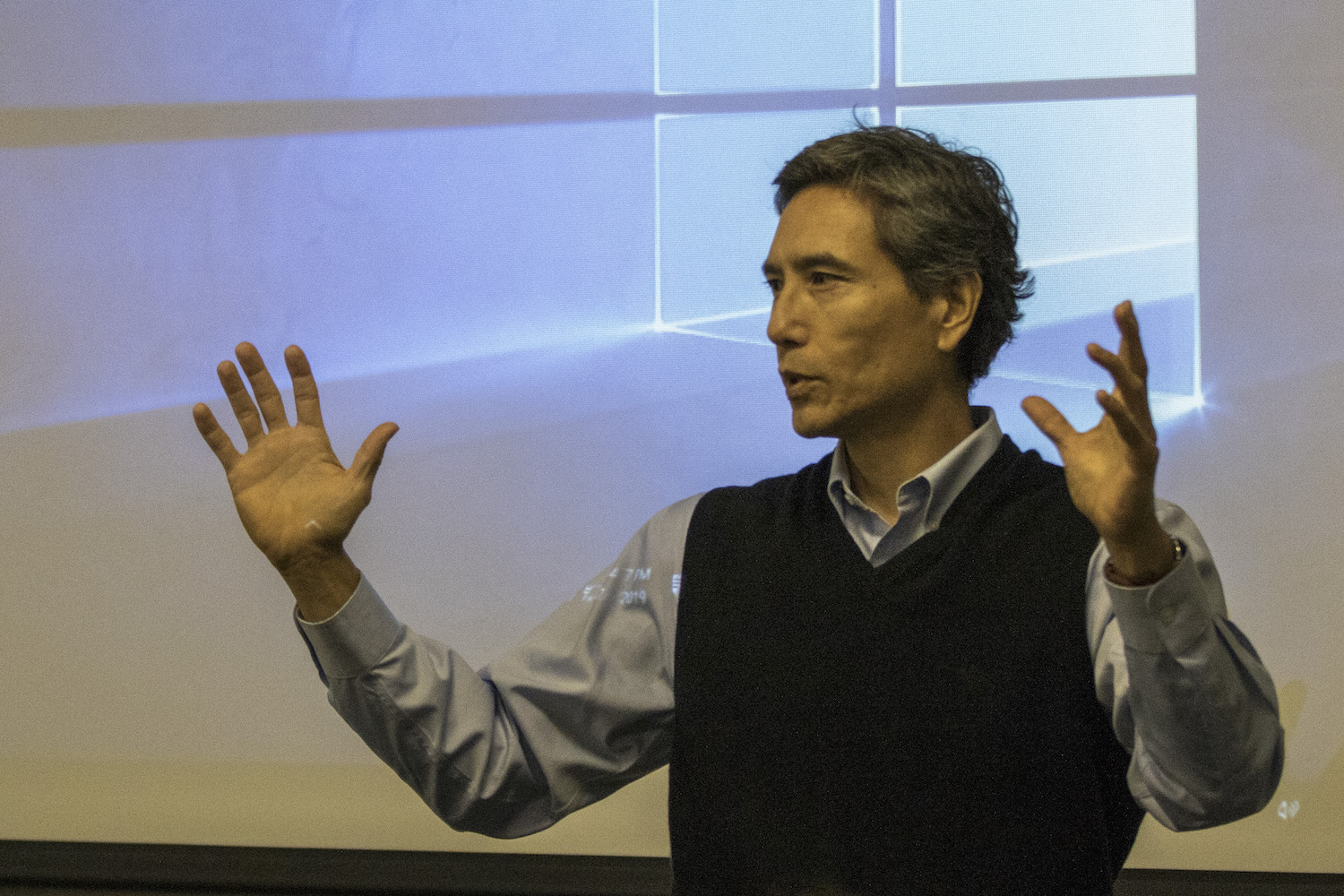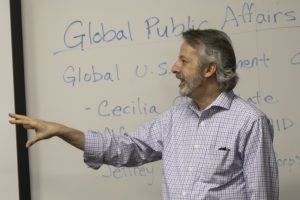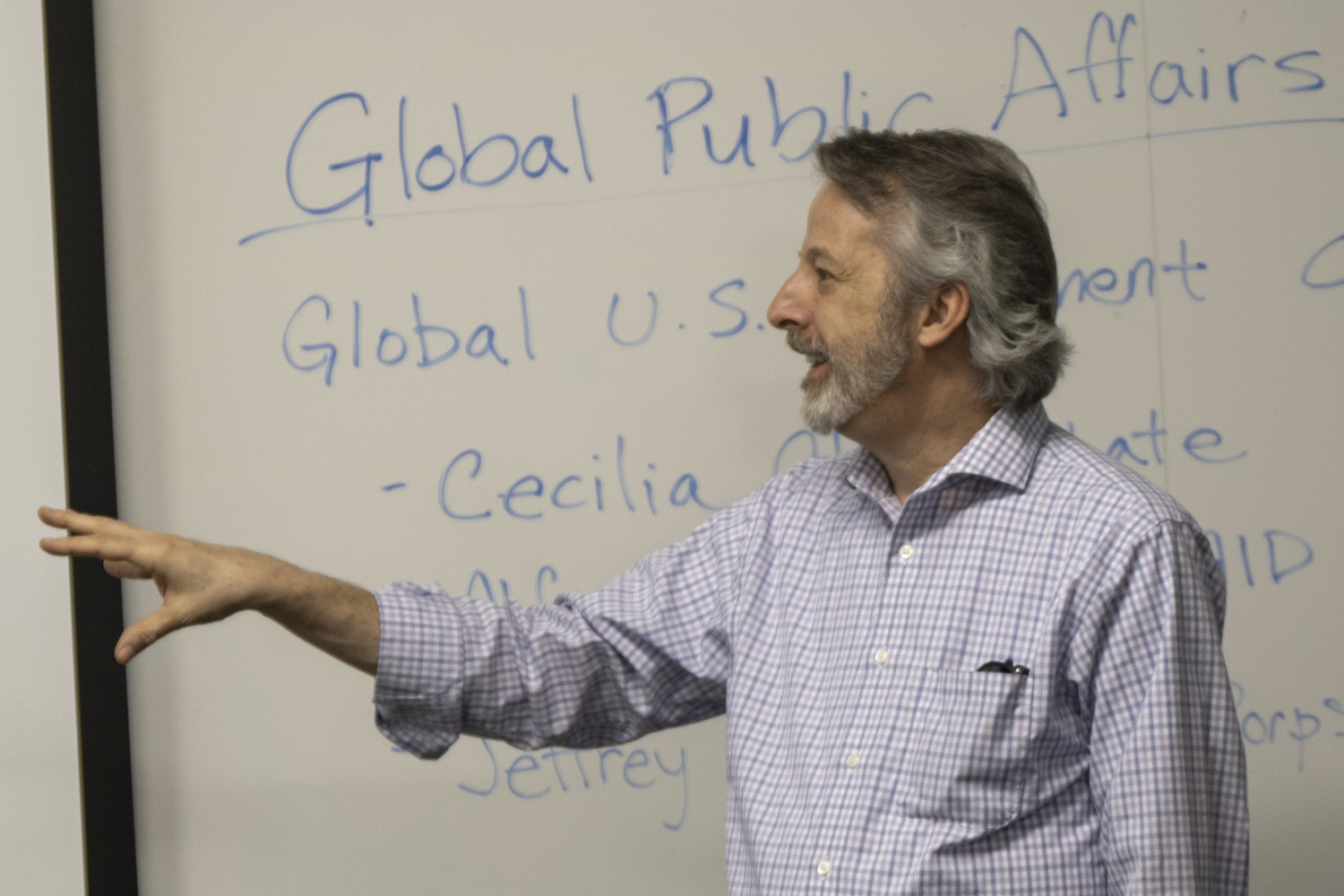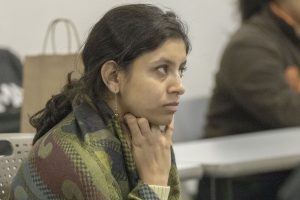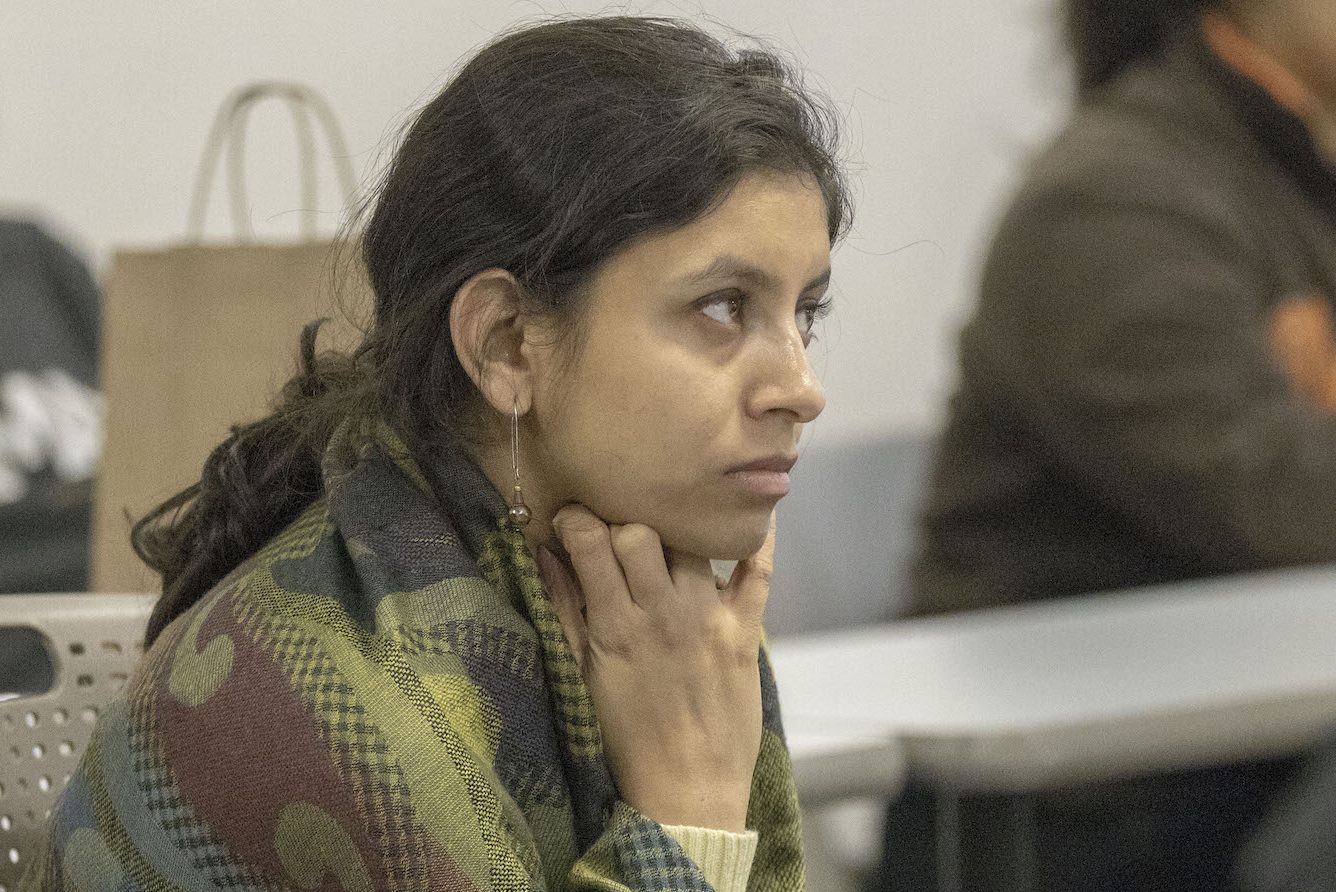By Mary Braswell
In Tanzania, programs aimed at improving women’s health have been in place for decades, but rates of teen pregnancy and sexually transmitted infections among adolescents remain high.
In El Salvador, several comprehensive centers for women needing health care, job training, legal help and protection from domestic violence have opened. Why aren’t more women taking advantage of these services?
Around the world, when well-intentioned policies to improve the lives of people fall short of expectations, researchers mobilize to investigate and advise.
This is the mission of a new initiative at the UCLA Luskin School of Public Affairs called the Global Lab for Research in Action.
The Global Lab’s focus on health, education and economic empowerment comes at a critical time, said Manisha Shah, professor of public policy and founding director of the initiative.
“There is so much need right now,” said Shah, whose extensive research as a development economist in Africa, Asia and Latin America has guided governments and agencies seeking effective, evidence-based policies.
Shah cites this sobering statistic: Of all new adolescent HIV cases in the world, three out of four are in sub-Saharan Africa. Of those cases, 80% are girls.
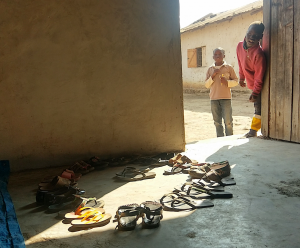
Tanzanian boys peek into a clubhouse for girls launched as part of a health education campaign. Photo by Jennifer Muz
She is currently evaluating a safe-sex campaign in Tanzania, where 60% of teen girls are sexually active by age 18. Fewer than 10% of girls ages 15 to 19 use any modern contraception, however. And adolescent girls there experience high rates of violence by their intimate partners.
Shah said policies grounded in research can bring about improvements in the sexual and reproductive health of adolescents during the next decade — which in turn would create better educational and employment opportunities.
“There is a great need to look at some of these subpopulations that aren’t historically targeted by the average intervention or policy being implemented in lower-income countries,” she said. “Part of what’s exciting at Luskin right now is the number of faculty who are doing this type of international work.”
The Global Lab integrates their efforts, puts a spotlight on their findings, builds a network of international stakeholders, and acts as a springboard for advocacy, Shah said.
“There is so much potential in bringing our international findings back to the United States, too, by identifying how our research can inform programs and policy here,” she added.
The initiative will also create opportunities for students of public policy, social welfare and urban planning who are drawn to international development issues, Shah said.
The health of an entire community hinges on the well-being of women and children, the researchers at the Global Lab have established. They have studied teachers in Pakistan, caregivers in rural Colombia, sex workers in Indonesia and young HIV patients in South Africa, among many other populations.
In Shah’s Tanzania research, advocating for girls means also reaching out to boys. The boys come to play soccer and stay to hear about health risks and violence against girls — part of an international program that combines sport with sex education.
Shah’s research team is measuring the relative impact of empowering girls, turning boys into allies and simply providing access to contraceptives. The goal is to identify and invest in the most effective policies — to find some way to curb adolescent pregnancy, the spread of disease and intimate partner violence. The Tanzania project is being conducted in collaboration with the international development organization BRAC.
Shah is also helping design strategies to promote El Salvador’s Ciudad Mujer women’s resource centers.
“These are safe spaces where women can come if they need a lawyer, health services, employment services. But take-up rates for the domestic violence services have been relatively low, and they don’t understand why,” Shah said. “I’m working with the Inter-American Development Bank and the government of El Salvador to do the research and to figure out what is going on.”
This is the kind of practical impact that powers the Global Lab, which is launching this summer with support from UCLA Luskin Dean Gary Segura.
“We have so many great professors across all departments working internationally,” Shah said. The Global Lab “speaks to some of our newer strengths, bringing it all together to foster research, support faculty, and advocate for better policies through our findings and our relationships abroad.”
Editors Note: A previous version of this story referred to the Global Lab for Research in Action by its former name, International Development and Policy Outreach.
